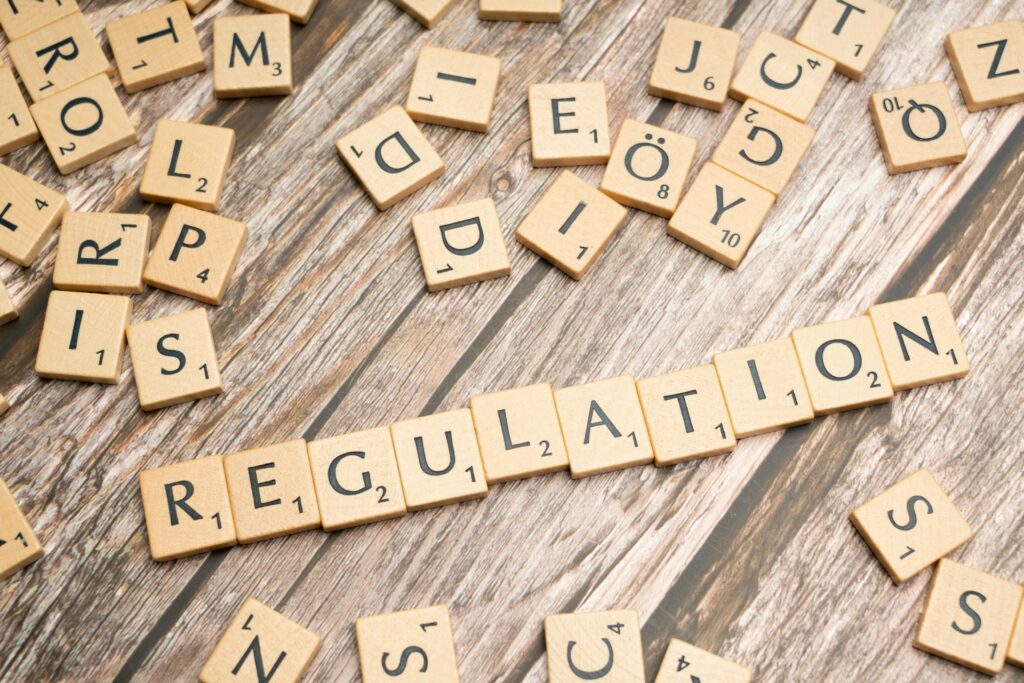AI Regulations Worldwide: Striking a Balance between Innovation and Responsibility

AI Regulations Worldwide: Striking a Balance between Innovation and Responsibility
The Emergence of Artificial Intelligence
Across a wide range of sectors, artificial intelligence (AI) has emerged as a transformational force. This includes fields such as healthcare, banking, transportation, and entertainment, to name just a few. The tremendous pace of innovation that we have seen has been driven by its capacity to analyze data, automate processes, and provide insights. On the other hand, this power also brings up questions about privacy, ethics, prejudice, and accountability, which has prompted governments all over the globe to think about regulating frameworks.
The Necessity of Artificial Intelligence Regulation
Millions of individuals are affected by artificial intelligence systems, which function at a pace and scale that has never been seen before. The potential dangers of not having sufficient monitoring include the exploitation of personal information, prejudiced decision-making, weapons that may operate without human intervention, and the loss of employment opportunities. The development of AI in a manner that is consistent with society values, as well as being ethical and safe, while continuing to encourage innovation, is the goal of regulation.
European Union: Extensive Regulations for Artificial Intelligence
When it comes to its legal framework for artificial intelligence, the European Union has adopted a proactive strategy. The European Union’s regulations classify AI systems according to their degree of danger, which ranges from low to high-risk. In addition, these regulations set stringent criteria for transparency, accountability, and safety. Prior to deployment, artificial intelligence (AI) that carries a high degree of risk, such as those applications used in law enforcement or healthcare, must adhere to stringent requirements.
United States of America: Guidelines Specific to the Industry
At the moment, the regulation of artificial intelligence (AI) in the United States is more fragmented than it is in other countries. Instead of concentrating on a single comprehensive regulation regarding artificial intelligence (AI), federal authorities are focusing on recommendations that are particular to each industry. For instance, the Food and Drug Administration (FDA) has the responsibility of regulating artificial intelligence in medical devices, while the National Institute of Standards and Technology (NIST) is in charge of developing voluntary standards for artificial intelligence ethics and trustworthiness. The strategy places a particular emphasis on innovation, but it also introduces protections in a slow and measured manner.
Strategic Control and Innovation in China
China is investing heavily in artificial intelligence (AI) while yet maintaining tight control over the industry. Data security, algorithmic transparency, and the use of artificial intelligence in public services in an ethical manner are the primary emphasis of the regulations. At the same time, the government is making significant investments in artificial intelligence research and commercialization in an effort to become a worldwide leader in the field while still retaining control over the social and economic consequences of these investments.
Alternative Approaches on a Global Scale
Balanced frameworks that both stimulate innovation and safeguard individuals are being pursued by nations like as Canada, Japan, and Singapore. In order to guarantee that artificial intelligence is used ethically, many governments place a strong emphasis on transparency, accountability, and human supervision, as well as cooperation between the public and commercial sectors.
Significant Obstacles in the Regulation of Artificial Intelligence
- Changes in Technology Occurring at a Quick Pace: Artificial intelligence is developing at a rate that is quicker than the rate at which laws are being made, which makes it challenging to ensure that regulations are current.
- Coordination on a Global Scale: International collaboration is a need for the use of AI across borders.
- Maintaining a Balance between Innovation and Safety: Progress might be hampered by laws that are too stringent, while policies that are too permissive could result in abuse.
- Bias and fairness: Ensuring that artificial intelligence systems do not continue to promote prejudice continues to be a significant problem.
Standards and self-regulation in the industry
In addition to the rules that are imposed by the government, industry groups are working to set standards and ethical norms. In an effort to foster public trust, organizations are implementing artificial intelligence (AI) ethics committees, releasing transparency reports, and establishing procedures for mitigating prejudice. In addition to official regulations, self-regulation aids in the preparation of organizations for conformity with such laws.
The Importance of Public Knowledge
If regulations are to be successful, it is essential that the general public has a knowledge of artificial intelligence (AI). When individuals are educated on the advantages and dangers of artificial intelligence, it assists in the development of policies that are reflective of society’s objectives. When communities are actively involved, they have the potential to hold developers and regulators responsible for their actions and demand that they operate in an ethical manner.
Future Prospects
It is anticipated that artificial intelligence rules would be more synchronized on a worldwide scale by the year 2030. When it comes to the development and deployment of artificial intelligence, international norms for openness, accountability, safety, and ethical usage will serve as a guide. In order to guarantee that artificial intelligence makes a beneficial contribution to society while also reducing any potential threats, it is essential that governments, corporations, and civil society work together.
When it comes to artificial intelligence (AI) legislation, it is necessary to strike a balance between encouraging innovation and ensuring that accountability is maintained. Ensuring safety, transparency, justice, and accountability are among the objectives that are shared by all nations, even if the methods that are used by various countries may vary. As artificial intelligence continues to affect the global economy and society, it will be vital to develop appropriate rules in order to harness its advantages while also limiting any possible damage that it may do.







